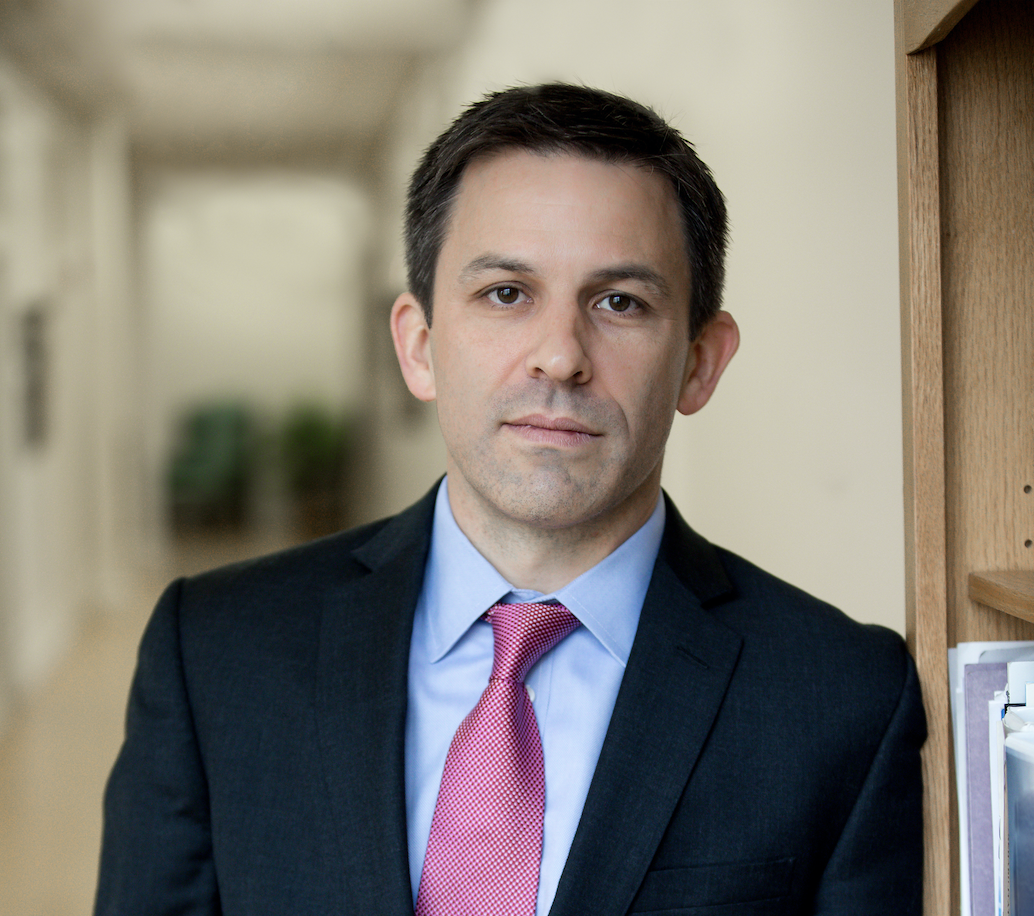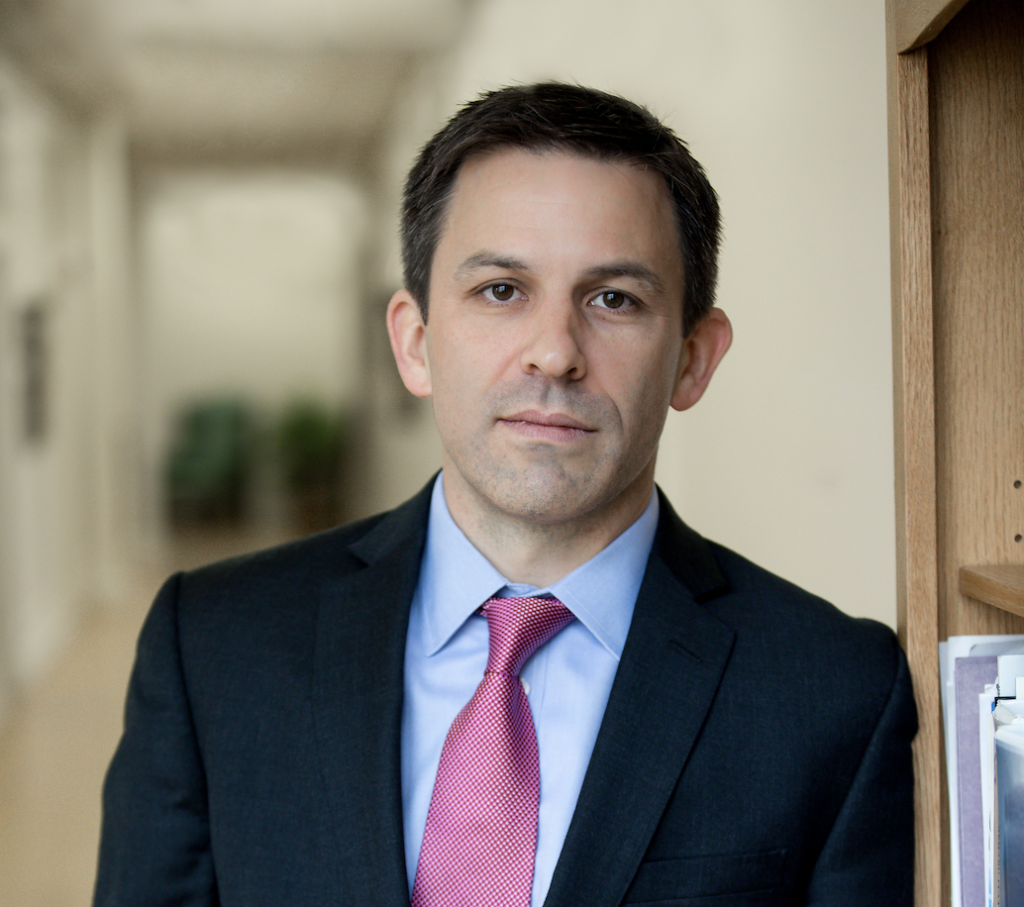Obermueller: Personal risks generate public reward
Originally ran in the Casper Star Tribune on Sunday, August 8, 2021
August 9, 2021
In 1991 three Casper fellas took an enormous personal risk. Neil and Mick McMurry, along with John Martin, purchased three gas wells in the Sublette County’s Jonah Field. Attempts to produce in the area stretched back to 1939. All had failed. Nothing guaranteed that the tightly locked natural gas could be extracted this time either, but the McMurry Oil Company took the exploration risk against all odds.
The Jonah Field and its neighbor, the Pinedale Anticline, became the largest gas fields in America, providing Wyoming with billions in tax revenue. In fact, over 15 years the Pinedale Anticline alone generated enough revenue in property taxes to fully fund the K-12 education of nearly 13,000 Wyoming students. By comparison, the average Wyoming homeowner pays enough property taxes over the same length of time to fund the education of one student from K through 3rd grade.
This well-known Wyoming risk-and-reward story is important to remember right now as various groups try to make the case that, despite billions and billions of tax revenue generated for school children, emergency services, wildlife conservation, and so much more; somehow the federal government doesn’t tax the natural gas and oil industry enough. The latest effort, parroted by a Washington DC think tank, wildly, but perhaps intentionally, misunderstands public lands energy development.
Oil and gas reserves are not magically discovered. In fact, stories like McMurry Oil Company are commonplace across most of the oil and gas fields in Wyoming. A scrappy company employs a clever geologist with a half-baked notion that a patch of land might hold oil. Taking a chance, they bid on a lease at a discounted rate because no one else thinks it’s worth the risk. In other words, noncompetitive leases are a feature, not a bug, of a leasing program that needs explorers to succeed. As often as not they fail, but even in failure they pay the bid price, plus an annual rental fee to the federal government just for the right to try. All the while, these lands remain in public hands and open to other uses.
Artificially increasing the cost of noncompetitive leasing and raising annual rentals threatens entrepreneurial exploration. No exploration equals fewer discoveries which results in no new reserves to produce. In the end Wyoming suffers as exploration and production simply happen elsewhere.
If exploration is successful, production often shifts to larger production companies that pay a royalty to the owner of the minerals. In Wyoming’s case the owner is usually the federal government. While it is true that onshore royalty rates are lower than state lands, the rate is neither random nor a mistake. Royalties are lower to account for market and government forces that combine to make federal lands production extraordinarily expensive. Receiving the necessary federal permits requires a significant investment of time, as much as 7 years in some cases. Meanwhile, Wyoming issues permits on state lands in a matter of weeks. Quick and professional bureaucratic work has value and justifies a higher royalty.
Taxpayers for Common Sense and others trumpet that Texas state lands charges a 25% royalty without recognizing that the costs of production and distance to markets is dramatically lower in Texas, increasing the value of that state’s product. Wyoming struggles to be competitive with other oil and gas producing states. The effective tax rate in Wyoming is double Colorado’s, and nearly triple New Mexico’s according to a study from the Colorado legislature’s research arm. Raising the federal royalty rate, which we unfortunately expect the Biden Administration to do, makes Wyoming that much more expensive. As any taxpayer with common sense knows, the more expensive something becomes, the less you get of it.
As for the claim that taxpayers “pay the cleanup tab”, that is simply false. Wyoming’s oil and gas companies by and large take care of their own clean up. But in the event a company does not, in addition to paying a reclamation bond at the outset, all oil and gas companies also pay a conservation tax levied only on industry to cover the costs of cleanup in the case of abandonment. Wyoming’s individual taxpayers are not on the hook for cleanup, period.
Wyoming’s energy families take great pride in their work – from exploration, to production, to reclamation. Luckily, the vast majority of Wyomingites know more about federal lands energy development than east coast think-tanks. Even better that Wyoming produces the entrepreneurs that help to build and support this state and her people, year after year.
Pete Obermueller has served as the President of the Petroleum Association of Wyoming since January of 2019. Before returning to his home state, Pete served as a policy aide to two of Wyoming’s Members of Congress. He spends much of his free time with his wife and two daughters exploring Wyoming’s backcountry.

